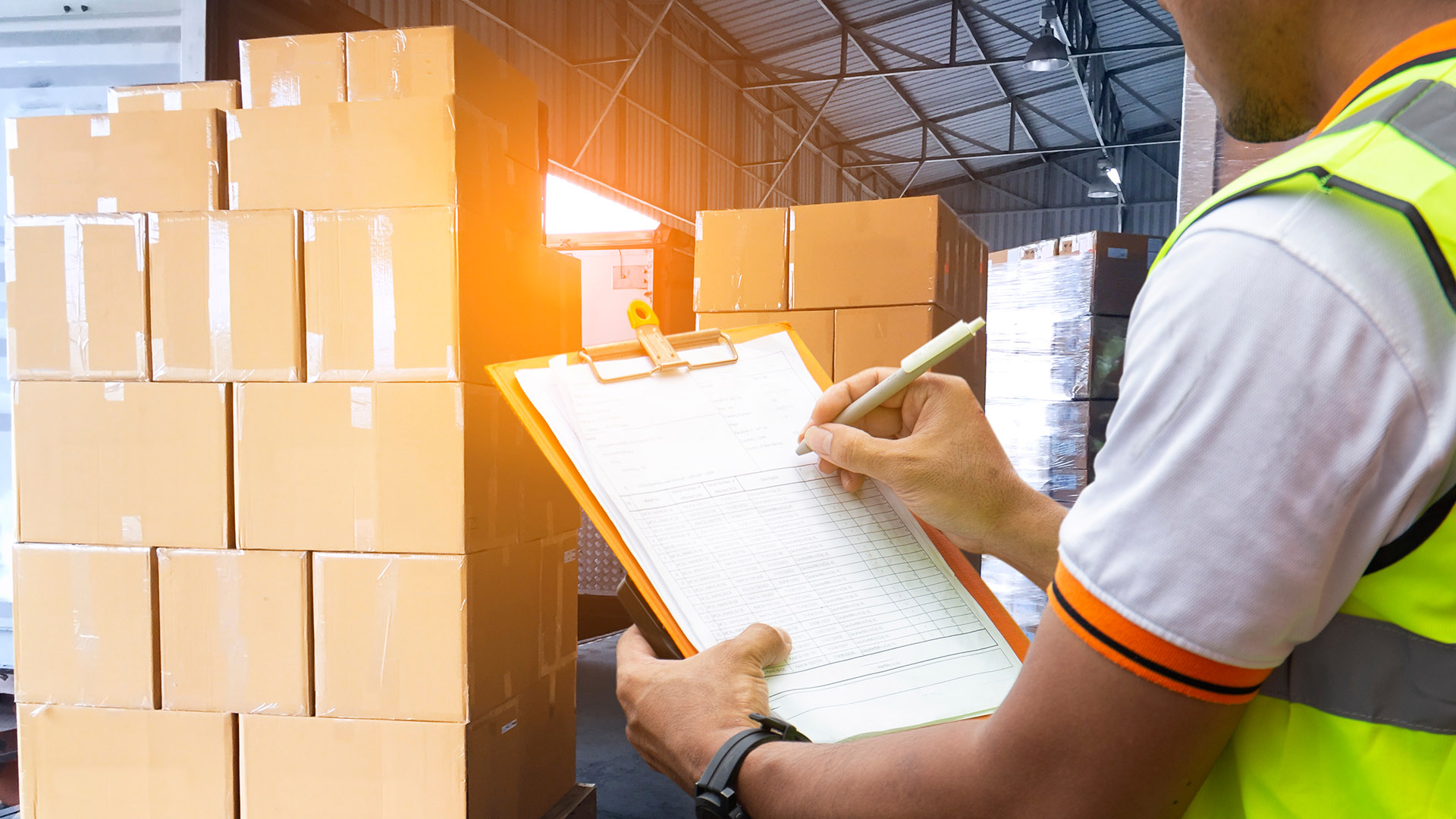A pre-shipment inspection (PSI) is a quality control process that verifies the quality, quantity, and other aspects of goods before they are shipped from the supplier’s warehouse or factory. It is an essential step in the import-export business to ensure that the products meet the buyer’s specifications, regulatory requirements, and industry standards.
Here are a few reasons why conducting a pre-shipment inspection for your container is crucial for importers and exporters:
- Verify product quality: A pre-shipment inspection helps verify the quality of the products before shipment, ensuring that they meet the buyer’s requirements and specifications. The inspector checks the product’s appearance, functionality, packaging, labelling, and other quality aspects.
If there are any defects or deviations from the buyer’s specifications, the inspector can alert the supplier to make necessary corrections or adjustments.
- Minimize risks: Pre-shipment inspection for your container
helps minimize risks associated with importing products from foreign countries.
It ensures that the products are safe, compliant with regulations, and meet the industry standards.
By verifying the quality of the goods, the importer can avoid the risk of receiving low-quality or defective products, which can harm their business reputation and cause financial losses.
- Ensure compliance with regulations: Pre-shipment inspection ensures that the products meet the regulatory requirements of the destination country.
It helps importers and exporters comply with customs and other regulatory agencies’ requirements and avoid costly penalties, fines, or delays.
The inspector checks the product’s documentation, including the bill of lading, certificate of origin, and other required documents.
- Avoid surprises: A pre-shipment inspection helps avoid surprises that can occur during the shipment process. For example, if the shipment is delayed or the products are damaged during transit, the importer can identify the cause and determine the liability.
If the damage was caused before the shipment, the importer can hold the supplier accountable and seek compensation.
- Ensure quantity accuracy: Pre-shipment inspection for your container helps ensure that the quantity of products shipped matches the quantity specified in the purchase order.
The inspector checks the number of products, weight, and other factors to ensure that they match the buyer’s specifications. This helps avoid shortages or excess inventory that can affect the importer’s operations.
- Protect against fraud: Pre-shipment inspection helps protect against fraud and unethical business practices. It ensures that the supplier is not substituting products or packaging with lower quality materials or products.
It also helps verify the supplier’s authenticity and legitimacy, preventing the importer from falling prey to scams or fraudulent activities.
- Improve supplier performance: Pre-shipment inspection provides feedback to the supplier on their performance, including their quality control systems, production processes, and adherence to standards.
This feedback helps the supplier improve their operations and quality control, leading to better products and services in the future.
Moreover, a pre-shipment inspection can also provide an opportunity for the importer to negotiate with the supplier if any issues are found during the inspection.
For example, if the products do not meet the buyer’s specifications, the importer can request the supplier to make necessary changes or offer a discount on the products.
This can help the importer save costs and ensure that the products meet their expectations. Overall, a pre-shipment inspection is a valuable tool for importers and exporters to ensure that their products meet quality standards and comply with regulations, leading to a successful business venture.
In conclusion, conducting a pre-shipment inspection for your container is a critical step in the import-export business that ensures product quality, compliance with regulations, and reduces risks.
It helps importers and exporters avoid surprises, protect against fraud, and improve supplier performance.
With a pre-shipment inspection, importers can ensure that they receive the products they ordered, meet the specifications, and comply with regulatory requirements. This helps build trust and reputation in the market and ultimately leads to business success.









